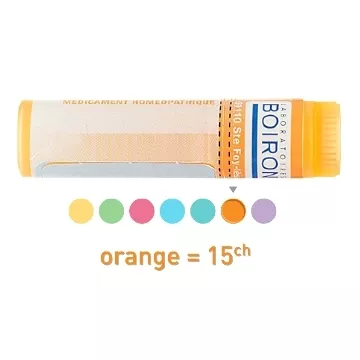
What is sexual desire and how does it manifest itself?
Sexual desire, also known as libido, is a psychological and physical inclination towards sexual activity. It varies considerably from person to person and can be influenced by multiple factors such as biology, psychology and interpersonal relationships. This desire can manifest itself as a persistent thought towards sexual activity, an attraction towards a partner, or a need for closeness and physical contact.
What are the main factors influencing sexual desire?
Several factors can influence libido, including:
Understanding the interaction between these factors can help identify the causes of low desire and develop strategies to stimulate it.
How can we naturally increase our sexual desire?
Increasing sexual desire naturally can involve several approaches:
What impact can psychological disorders have on sexual desire?
Psychological disorders such as depression, anxiety and stress can significantly reduce sexual desire. These conditions can reduce overall energy, increase feelings of dissatisfaction or sadness, and diminish interest in many activities, including sex. Treating these disorders with appropriate therapies or medical interventions can often restore sexual desire to normal levels.
How to discuss low libido with your partner?
Broaching the subject of low libido with your partner requires sensitivity and openness. Here are a few tips:
What's the difference between sexual desire and sexual attraction?
Sexual desire refers to the desire or interest in sexual activity, whilesexual attraction is the force that draws one person to another specifically for sexual reasons. Attraction can exist without immediate desire, and vice versa. Understanding this distinction helps to better manage personal and relational expectations concerning sexuality.
Do hormones directly influence sexual desire?
Yes, hormones play a crucial role in regulating sexual desire. The main hormones involved are testosterone and estrogen. Testosterone, present in both men and women, is directly linked to increased libido. Hormonal fluctuations, such as those experienced during menopause or pregnancy, can also significantly impact desire.
How does lifestyle affect sexual desire?
Lifestyle has a direct and significant impact on libido. A lack of sleep, an unbalanced diet, alcohol or substance abuse, and low levels of physical activity can all reduce sexual desire. Conversely, a healthy lifestyle including a nutritious diet, regular exercise and adequate sleep can improve libido.
How do long-term relationships affect sexual desire?
In long-term relationships, it's common for sexual desire to fluctuate. Routine and familiarity can lead to a drop in desire. However, this can be countered with conscious efforts to maintain intimacy and novelty in the relationship, such as regular appointments, new experiences and open communication about sexual needs and desires.
What treatments are available for sexual desire disorders?
There are several treatment options for sexual desire disorders, which vary according to the underlying cause: